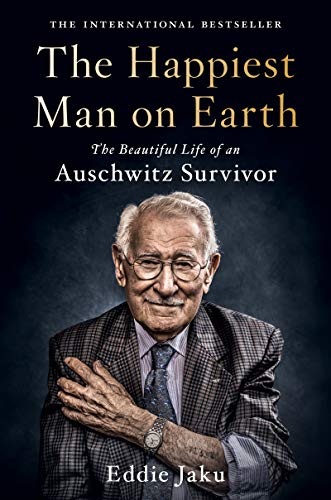
The Stone Crusher
by Jeremy Dronfield
"The True Story of a Father and Son's Fight for Survival in Auschwitz"
Popularity
4.59 / 5
* A book's popularity is determined by how it compares to all other books on this website.
Where to buy?
Buy from Amazon* If you buy this book through the link above, we may receive a small commission at no extra cost to you.
The Stone Crusher by Jeremy Dronfield
Details
War:
World War II
Perspective:
Prisoners of War
True Story:
Yes
Biography:
No
Region:
Europe
Published Date:
2018
ISBN13:
9781613739631
Description
Main Themes and Topics
The Stone Crusher by Jeremy Dronfield delves into the harrowing experiences of Gustav Kleinmann and his son, Fritz, as they endure the brutalities of the Holocaust. Central to the narrative is the theme of survival against insurmountable odds, highlighting the resilience and enduring human spirit in the face of unrelenting adversity. The book also explores the unbreakable bond between father and son, and the lengths one will go to preserve family and hope amidst the horrors of a concentration camp. Dronfield's work underscores the importance of memory, as seen through Gustav's meticulous diary entries, which serve as a testament to the atrocities witnessed.
Writing Style and Tone
Jeremy Dronfield's writing in The Stone Crusher is both evocative and meticulously detailed, effectively immersing the reader into the dire circumstances of the Kleinmanns' plight. Employing a narrative style that is both compassionate and factual, Dronfield balances the recounting of historical events with the personal, emotional landscape of his subjects. The tone remains respectful and somber throughout, honoring the gravity of the events without drifting into sensationalism, making the book a poignant historical record.
Brief Summary
The Stone Crusher chronicles the extraordinary story of Gustav Kleinmann, a Jewish upholsterer from Vienna, and his teenage son, Fritz, during World War II. As inmates of the Buchenwald concentration camp, they endure unimaginable cruelty and hardship. The narrative follows their journey, filled with suffering, determination, and the relentless will to survive. Central to this is the clandestine diary that Gustav keeps, documenting their six years of torment, a powerful symbol of hope and defiance in the face of terror.


![The Tattooist of Auschwitz [Movie-Tie-In]](https://m.media-amazon.com/images/I/51oBZ7tuzeL._SL500_.jpg)






